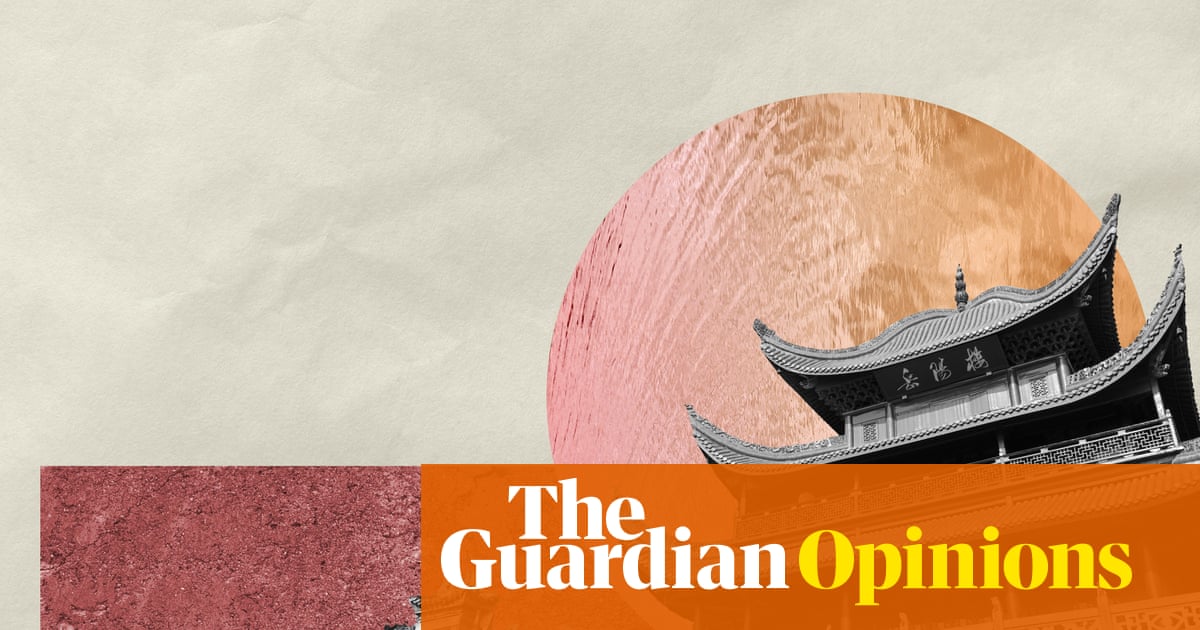The Zhuangzi, an ancient Chinese Daoist text written by the philosopher known by the same name, has a lot to say about people who are considered “disabled”. This is interesting in itself, as parts of it were written around the 4th century BCE, when only the privileged could read and write.
Why would the authors of this text, men of privilege, be interested in people who were considered at the time to be “less than normal”?
The answer relates, at least in part, to the fact that the text was critical of how its society promoted and prioritised the “valuable” or “useful”, and what was regarded as important to humanity.
Within such a society, whatever – orwhoever– falls short of the accepted standards is seen in demeaning ways. But the Zhuangzi rejects this way of thinking.
So how might we put some of these ideas into practice today?
The Zhuangzi tells the story of a wondrous tree, so large that its canopy provided shade for thousands of oxen. The tree only became this large because its wood was deemed to be “useless” for any human project. Therefore, it was left alone and allowed to grow into its magnificent size.
This story shows how easy it is for us to adopt entrenched values. Are we guided too much by what society tells us is “useless”? It allows us to turn the tables on our own assumptions and challenge our thinking of what “normal” and “useful” means. This is reflective of Daoism more broadly, which advocates for diversity in how we think about humanity and human achievements.
Daoismresists what would today be considered an ableist approach to life. It teaches us that looking at life through an ableist lens only leads to negativity about those who are deemed “not good enough”. Such an approach looks for how people are deficient, rather than how they are capable.
The Zhuangzi’s point is not that we cannot celebrate excellence. Rather, it champions the richness of life by showing that people can be excellent in many different ways. Instead of telling us how to fix people’s medical and physiological conditions, it prompts us to reflect on the shallow attitudes of those who see others as “disabled”, who want to draw attention to what some people lack, rather than what they might have.
There isn’t a word in the Zhuangzi that means “disability”. Rather, the ancient textuses storytelling and exaggerated language to try to show how society sees some people in derogatory ways. Stories about “sad horsehead humpback” or “hunchback limpleg” show that these are not labels that the men were born with; they were given to them by a society that wrongly prides itself on “normalising” able-bodied people.
Through these stories, we learn that sometimes the word “disability” is used unfairly to define people, so that our interactions with them are determined by the label.
As the Zhuangzhi shows, life is too important for us to take a one-size-fits-all approach to it. The philosophy encourages us to embrace the richness of life by appreciating its diversity.
Karyn Lai is a professor of philosophy in the faculty of arts, design and architecture, University of New South Wales
